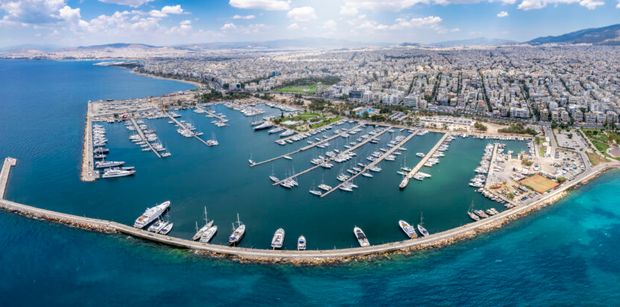The yachting sector is evolving to meet the demands of more eco-conscious clients. At Boatbookings, we believe that luxury and sustainability are no longer mutually exclusive; they can coexist. There are several ways to reduce and minimize your environmental impact when on a boat charter.
We have put together a guide on how to reduce your carbon footprint without compromising on luxury:

Choose Eco-Friendly Boats
The first step in sustainable yacht travel is selecting the right boat. Boatbookings has a varied fleet of hybrid or electric yachts that significantly reduce fuel consumption and emissions. These cutting-edge yachts use a combination of electric motors and traditional engines, allowing for silent, emission-free cruising at lower speeds and efficient long-distance travel when needed.
Even if fully electric options aren’t available, look for yachts with modern, fuel-efficient engines and design features that minimize drag and maximize energy efficiency. Some yachts are also equipped with solar panels and wind turbines to generate clean energy for onboard systems, further reducing reliance on fossil fuels.
Better Onboard Practices
Once onboard your greener crewed charter catamaran, there are numerous ways to maintain an eco-friendly approach:
Water Conservation: Use water sparingly by taking shorter showers and reusing towels.
Waste Management: Participate in onboard recycling programs and avoid single-use plastics. Choose reusable water bottles and shopping bags when going ashore
Eco-Friendly Products: Use biodegradable toiletries and cleaning products to minimize harmful chemicals entering the marine environment.
Energy Efficiency: Turn off lights and air conditioning in unused cabins, and use natural ventilation when possible.
A Greener Itinerary
Your travel choices can significantly impact your carbon footprint:
Slow Travel: Opt for itineraries that involve longer stays in fewer locations. This approach reduces fuel consumption and allows for a deeper appreciation of each destination.
Choose Nearby Destinations: Consider chartering in areas closer to your home to reduce the carbon emissions of long-distance flights to reach your embarkation point.
Support Marine Protected Areas: Include visits to marine reserves and national parks in your itinerary. These areas often have strict environmental regulations, and your visit can contribute to their conservation efforts.
Travel Responsibly
While exploring your destinations:
Respect Wildlife: Observe marine life from a distance and never feed or touch wild animals.
Support Local Communities: Choose locally-owned restaurants and shops, and consider participating in community-based tourism initiatives.
Minimize Anchor Damage: Use moorings where available instead of anchoring to protect sensitive marine habitats like seagrass beds and coral reefs.
Offset Your Remaining Emissions
Despite efforts, yacht travel will generate some carbon emissions. We use information about the boat you charter and your itinerary to calculate the carbon credits needed in our carbon offset calculator. We also partner with reputable carbon offset programs that invest in renewable energy projects or reforestation efforts to neutralize your trip’s carbon footprint.
By combining these strategies, you can significantly reduce your environmental impact while still enjoying the unparalleled luxury and freedom of yacht charter travel. As more sustainable options are in demand, the industry continues to evolve, making it increasingly possible to explore the world’s oceans responsibly. Your choices as a conscientious boater not only minimize your impact but also send a powerful message to the industry, encouraging further advancements in sustainable luxury travel.
Contact one of the Boatbookings team today to find out more about our carbon offsetting and greener fleet of charter yachts.
